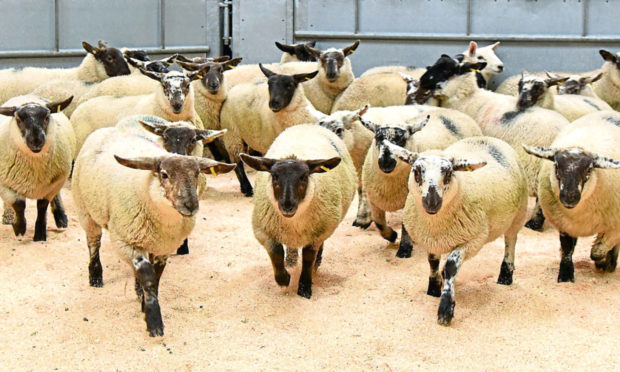Increased paperwork and inspections for post-Brexit trading with Europe could lead to reduced farm-gate prices in the next few weeks, warns a leading adviser.
Nick von Westenholz, director of international trade and business strategy for the NFU in England and Wales, made the comments in an evidence session to a House of Lords committee yesterday.
Mr Von Westenholz said although the farming sector, along with the wider food and drink industry, welcomed the signing of a post-Brexit trade deal with Europe, it had created “significant frictions” for trade with the UK’s largest trading partner – Europe.
Speaking to the Lords EU Environment sub-committee, he said he was concerned the effects of increased paperwork and inspections, resulting in delays sending agri-food products to Europe as has been reported with the seafood and red meat sectors, would begin to hit farmers.
“One of the concerns that we have is our understanding that trade volumes are still at a significantly lower level than they would normally be at this time of year,” said Mr Von Westenholz.
“While they are at a lower level, that often means produce isn’t moving off farm. It’s probably manageable for the short-term but if it becomes embedded or structural then that is going to start creating issues for farmers.”
He said although border delays were not yet impacting on farm-gate prices, indications suggested prices were beginning to come under pressure.
“We might see these (prices) drop if the trade situation gets worse,” added Mr Von Westenholz.
The Food and Drink Federation’s head of international trade, Dominic Goudie, told the committee that much of the delays at ports were caused by a lack of understanding of the new trading rules.
He said: “In many cases we are almost playing ‘whack-a-mole’ with the problems as they come up.
“It’s individual, isolated issues where there was misinterpretation of the rules which are making life very difficult for business.”
Delays and extra paperwork were creating “significant costs” for food and drink businesses, which Mr Goudie said many would be unable to absorb.
He added: “I think there will inevitably be some moderate impacts on customers in terms of price at some point.”
Andrew Opie, director of food and sustainability at the British Retail Consortium, said a Brexit deal was widely welcomed by retailers.
Previous calculations by the organisation, based on 10 major supermarkets, suggested tariffs posed by a no-deal Brexit would have resulted in £3.1 billion in extra costs for UK shoppers.
Mr Opie said: “We remain concerned that if friction levels do rise, particularly through this period when we are heavily dependent on imports from Europe for fresh produce in particular, we could see some impact for consumers.”
